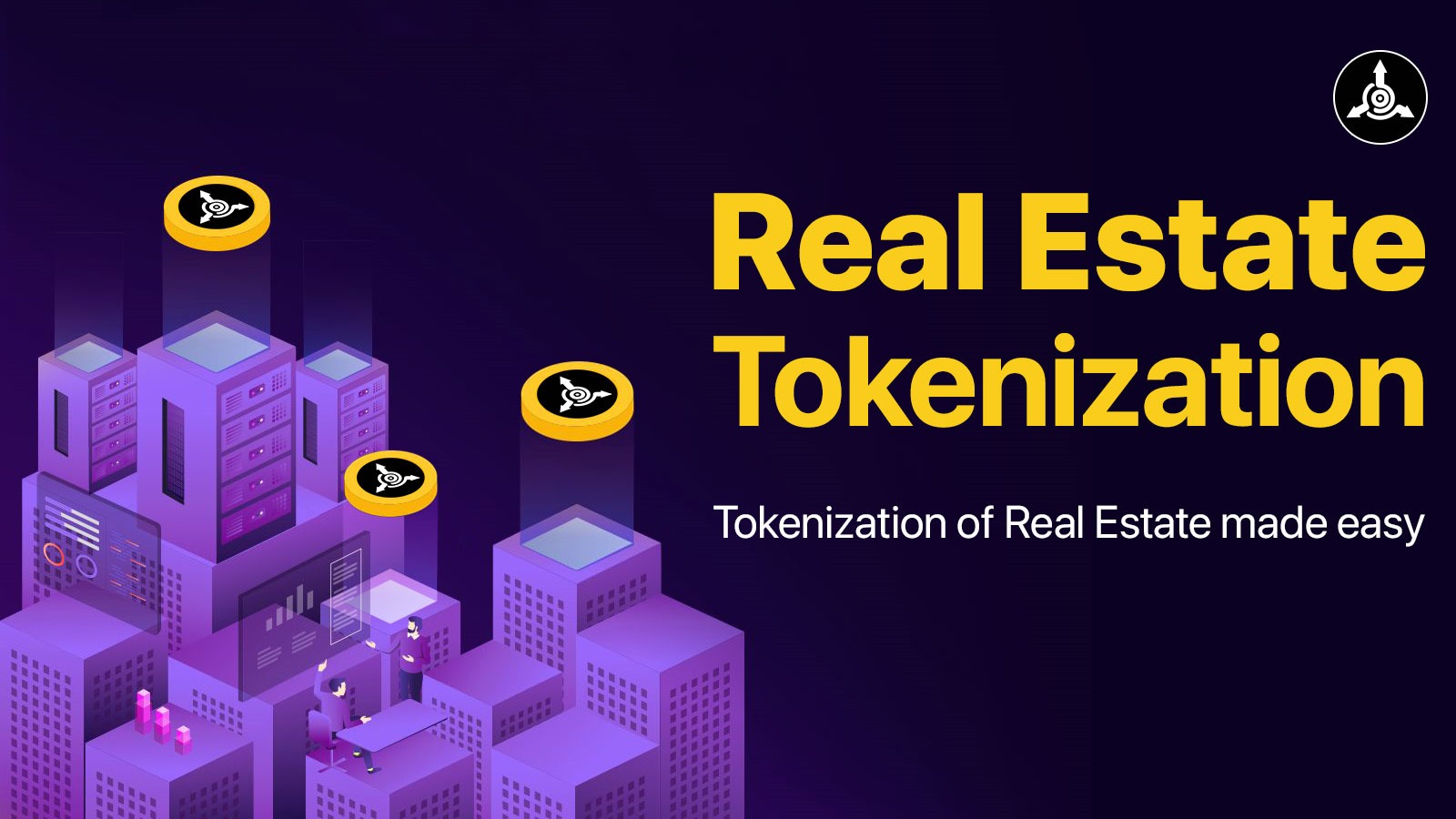Across the world real estate developers have been getting increasingly excited with the concept of tokenization as a means to enhance liquidity, improve access to capital, and streamline the overall real estate investment process. Tokenization involves converting ownership and rights to an asset into digital tokens on a blockchain or distributed ledger, where we have selected the Algorand blockchain for its speed, security and that it consumes little energy and is carbon neutral (some other blockchains consume vast amounts of energy).
We take the opportunity here to look at some of the key reasons why so many in the real estate sector believe in tokenization:

Traditional real estate investments are often illiquid, with transactions taking a significant amount of time to complete. Tokenization enables fractional ownership, allowing investors to buy and sell smaller portions of a property. The number of companies or financial institutions that can fund a major development is limited. Also, when a developer has completed a major project, there are few that can afford to purchase multi-million developments.
Because tokenization allows for the fractionalization of real estate assets, this enables investors to own and trade smaller, more manageable portions of properties. This can attract retail investors who may not have the financial capacity to buy an entire property but can participate through the acquisition of tokens.
When a single token can be acquired for as little as €50, the number of people who might consider this is enormous. Similarly, a token owner will find it easier to find a buyer for, say €70 once a development is completed or had time to see market prices move upwards, than somebody trying to find a buyer for a multi-million project. This broader range of investors increases liquidity dramatically, as they can easily trade tokens on secondary markets.
Tokenization also facilitates the inclusion of a more diverse and global investor base. Investors from different geographic locations and with varying investment capacities can participate in real estate projects, contributing to a more democratized and accessible investment landscape.
A further advantage is that tokenization can reduce transaction costs associated with real estate deals. By leveraging smart contracts and blockchain technology, processes such as property transfers, dividend distributions, and compliance monitoring can be automated, cutting down on administrative expenses. Along with the cost savings, there are time savings. For example, once you have found a house you want to buy in the UK or Spain and have agreed a price with the seller, it easily takes 3 months or more till you can move in, and the time gets longer if a mortgage is required. It is more likely to be 4-6 months in Germany, and that is without anything that causes a delay.
Traditional real estate markets are subject to specific operating hours and geographical limitations. With tokenization, digital assets can be traded 24/7 on global cryptocurrency exchanges, providing continuous market access and potentially reducing the time it takes to find suitable buyers or sellers.
Blockchain technology ensures transparency in transactions and property ownership. Smart contracts, which automatically execute predefined conditions, enhance security, and reduce the risk of fraud. This transparency and security can attract institutional investors who value a higher degree of accountability.
Tokenization can simplify the capital formation process by allowing developers to raise funds through a larger pool of investors. This can be especially beneficial for smaller developers or projects that may struggle to secure financing through traditional channels.
Over recent months, regulatory frameworks have been created and evolved to accommodate blockchain and tokenized assets, so developers are finding more clarity and acceptance in incorporating tokenization into their projects. This evolution has provided developers with greater confidence in navigating legal and compliance challenges.
In summary, real estate developers see tokenization as a transformative tool that can address longstanding challenges in the industry, offering benefits such as increased liquidity, global market access, cost efficiency, and enhanced transparency. While challenges and regulatory considerations remain, the potential advantages make tokenization an attractive prospect for forward-thinking real estate professionals.